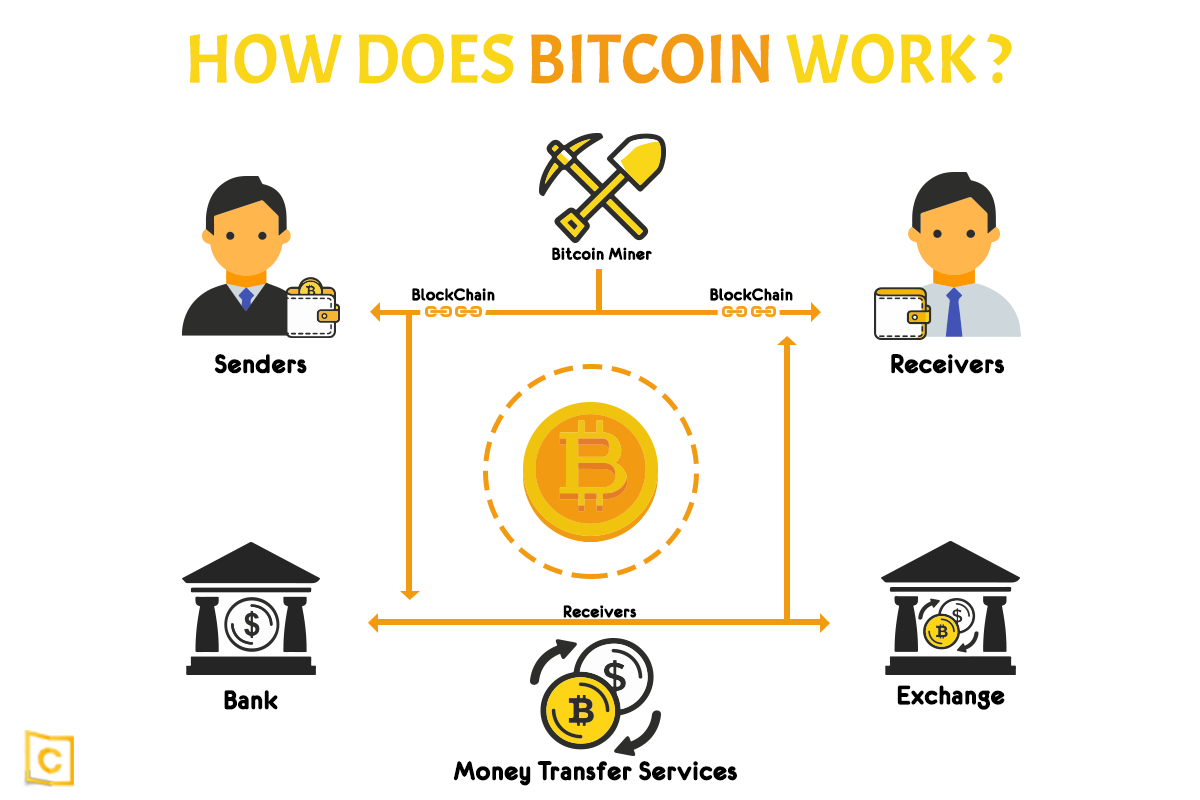Cryptocurrency
The original reward of 50 BTC per mined block as of the genesis block has been halved several times to 25, 12.5, and, as of 11 May 2020, to 6.25 BTC. The Bitcoin protocol dictates that these Halvings take place every 210,000 blocks https://casinouscasino.com/. Once the limit of 21 million BTC is reached, miners will no longer receive block rewards, but they will still receive transaction fees.
Bitcoin’s price is renowned for being highly volatile, but despite that, it has become the top performing asset of any class (including stocks, commodities and bonds) over the past decade – climbing a staggering 9,000,000% between 2010 and 2020.
Bitcoin ETFs offer several advantages, such as regulatory oversight, simplicity in trading, and the ability to add Bitcoin to a diversified investment portfolio without the complexities of handling digital assets directly.
Bitcoin cryptocurrency
Bitcoin mining is the process through which new bitcoins are introduced into circulation and transactions are ordered on the ledger. Miners play a crucial role by organizing transactions into blocks and ensuring the security and integrity of the Bitcoin Network through unforgeable costliness.
As noted, each block contains the hashed information of the previous block. This creates a chain of encrypted blocks (files) that contain information from all previous blocks, going back to the first block of the blockchain.
Bitcoin was introduced to the public in 2008 by an anonymous developer or group of developers using the name Satoshi Nakamoto. It has since become the most well-known and largest cryptocurrency in the world. Its popularity has inspired the development of many other cryptocurrencies.
In January 2024 the SEC approved 11 exchange traded funds to invest in Bitcoin. There were already a number of Bitcoin ETFs available in other countries, but this change allowed them to be available to retail investors in the United States. This opens the way for a much wider range of investors to be able to add some exposure to cryptocurrency in their portfolios.
The Bitcoin blockchain and network have many parts, but it is not necessary to understand them all to use this new currency technology. You only need to know that you use a wallet to send, receive, and store your Bitcoin keys; you also should use a cold storage method for security because wallets are software, and software can be hacked.
Bitcoin (abbreviation: BTC; sign: ₿) is the first decentralized cryptocurrency. Based on a free-market ideology, bitcoin was invented in 2008 by Satoshi Nakamoto, an unknown person. Use of bitcoin as a currency began in 2009, with the release of its open-source implementation. : ch. 1 In 2021, El Salvador adopted it as legal tender. It is mostly seen as an investment and has been described by some scholars as an economic bubble. As bitcoin is pseudonymous, its use by criminals has attracted the attention of regulators, leading to its ban by several countries as of 2021 .

Cryptocurrency regulation
Jackson, Massad, and Dan Awrey of Cornell Law School, in a Hutchins Center working paper, “How we can regulate stablecoins now – without congressional action,” argue that federal regulators, even without new legislation, could regulate stablecoins. They propose that the comptroller of the currency create a national trust bank charter, organized as a subsidiary of a depository institution, that would allow them to issue stablecoins.
The growth of cryptocurrency from speculative investment to a new asset class has prompted governments around the world to explore ways to regulate it. As of September 2024, some governments have created frameworks to provide protection for users, while others bide their time.
There are about fifty more such examples. Take at least BitClout, Consensys, Andreessen Horowitz (a16z), and Union Square Ventures, which also faced pressure from regulators. Some had to prove their legitimacy, others had to adapt to suddenly tightened rules.
Disclaimer: This content is meant to inform and should not be considered financial advice. The views expressed in this article may include the author’s personal opinions and do not represent Times Tabloid’s opinion. Readers are urged to do in-depth research before making any investment decisions. Any action taken by the reader is strictly at their own risk. Times Tabloid is not responsible for any financial losses.
Fears about transparency were confirmed just the other day: #Coinbase General Counsel Paul Grewal announced on the social network X (Twitter) that he received data related to the so-called “Operation Chokepoint 2.0”. According to him, this is a government campaign aimed at restricting financial access for law-abiding crypto companies in the United States.